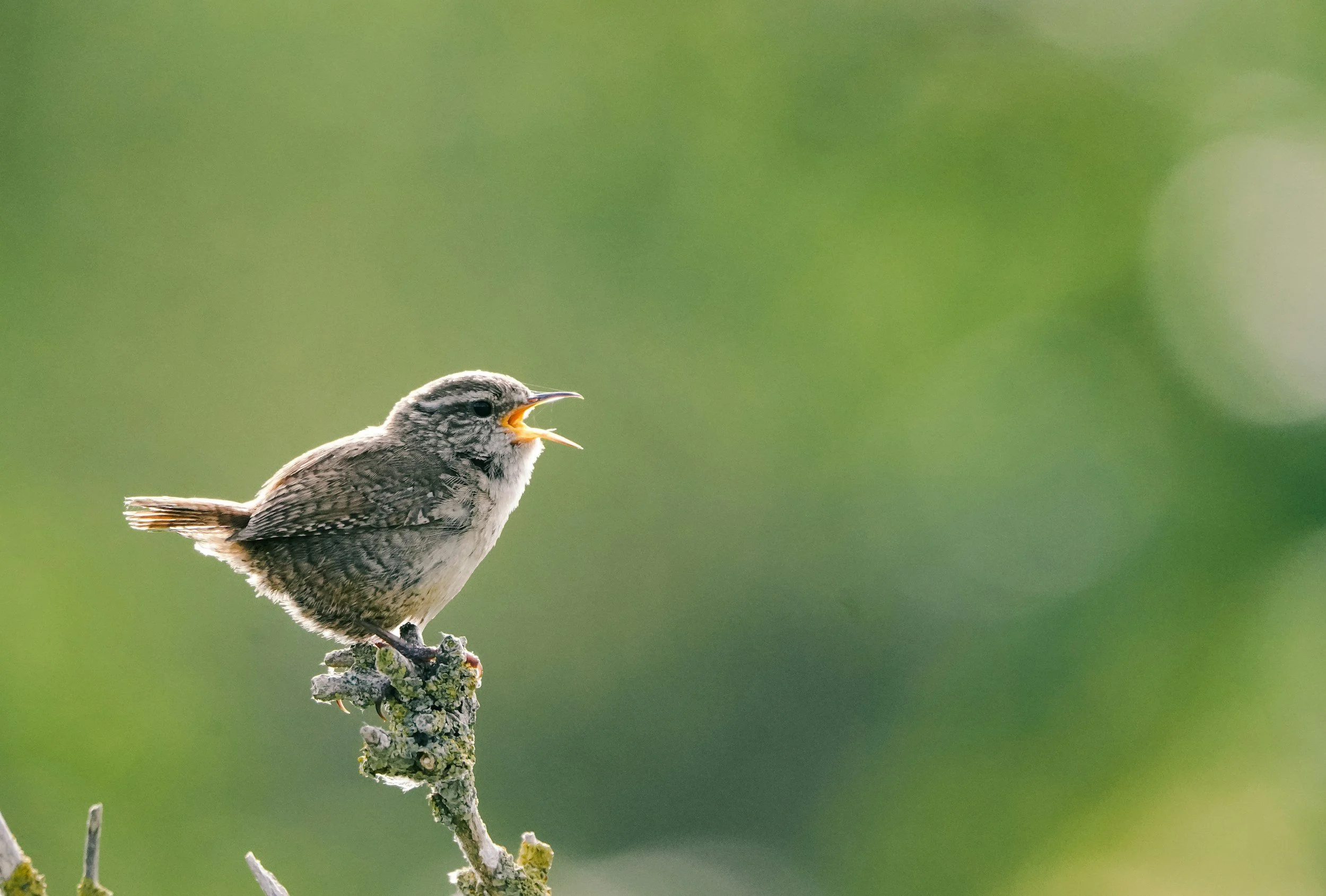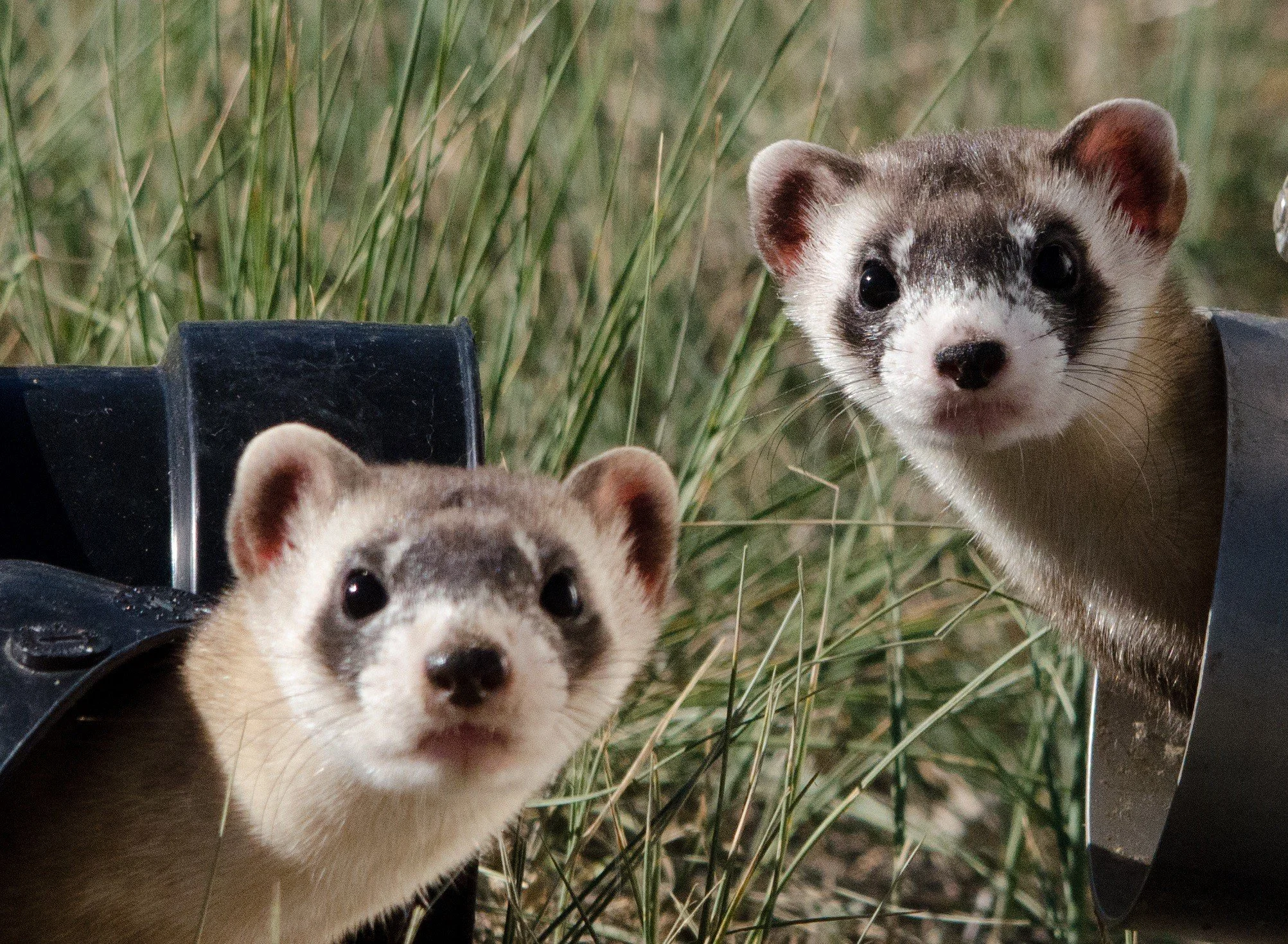
BLOG

Turtles in Trouble: Giving Leatherback Sea Turtles A Fighting Chance
Leatherback Sea Turtles, the largest turtles in the world, are facing significant threats from climate change, habitat loss, and artificial lighting. These ocean giants, known for their incredible migration journeys, rely on a few crucial nesting sites to lay their eggs. The Refuge System plays a vital role in protecting these habitats. Discover how you can help protect Leatherback Sea Turtles and support our conservation initiatives.

Monarchs On The Move: The Epic Journey of Survival For Nature’s Tiny Titans
As spring transitions to summer, one of nature’s most captivating spectacles begins – the migration of the Monarch Butterfly. In honor of Endangered Species Day on Friday, May 17th, our Refuges For Recovery campaign spotlights the Monarch Butterfly, a species whose remarkable journey and delicate beauty underscore the urgency of conservation efforts in the National Wildlife Refuge System.

Landmark Expansion For 4 National Wildlife Refuges With Help From The National Wildlife Refuge Association
The US Fish and Wildlife Service (USFWS) recently shared some good news for conservation efforts throughout the United States. Four national wildlife refuges have been expanded, protecting up to 1.13 million acres of newly protected wildlife habitat across New Mexico, North Carolina, and Texas. This announcement is particularly exciting for the National Wildlife Refuge Association, which played a significant role in expanding two critical refuges in Texas - Aransas and Big Boggy NWRs. The other two refuges that received expansions are Roanoke River NWR in North Carolina and Muleshoe NWR, which spans the border between New Mexico and Texas.

Soaring Back From The Brink: The Story Of The California Condor
Imagine the vast expanse of the California sky, dotted with the silhouettes of majestic birds with nine-foot wingspans. These were the California Condors, once soaring freely across the continent, playing a critical role in their ecosystems. But tragedy struck, and their numbers plummeted to the brink of extinction. Today, thanks to dedicated conservation efforts, they are slowly reclaiming their rightful place in the sky, and the National Wildlife Refuge System plays a vital role in their remarkable comeback.

Prowling Back From The Brink: The Florida Panthers’ Tale of Triumph & Challenge
Florida Panthers are subspecies of Mountain Lion and are known for their elusive nature. They are highly independent and territorial, except when mating or raising kittens. Compared to other subspecies, Florida Panthers have characteristics of a crooked tail, unique patches on their fur, and black markings that highlight the tips of their tails, ears, and snout. They prefer warm climates like swamps, wetlands, and upland forests. In the past, their range extended beyond Florida, and many wild panthers were spotted in the Gulf Coast states, between Florida and Louisiana, and even in Arkansas. However, today, a majority of the remaining wild panthers can be found only in the southwestern tip of Florida, with an estimated population of just over 200 individuals.

Celebrating Success: The Remarkable Return of the Black-Footed Ferret
During our Refuges For Recovery campaign, we highlight one of the Endangered Species Act's most iconic success stories: the black-footed ferret (Mustela nigripes). Not too long ago, these elusive creatures teetered on the brink of extinction, with only a handful left in the wild. Today, we're proud to say that the black-footed ferret population is steadily growing, thanks to the unwavering dedication and collaborative efforts of conservationists, scientists, and the National Wildlife Refuge System.
